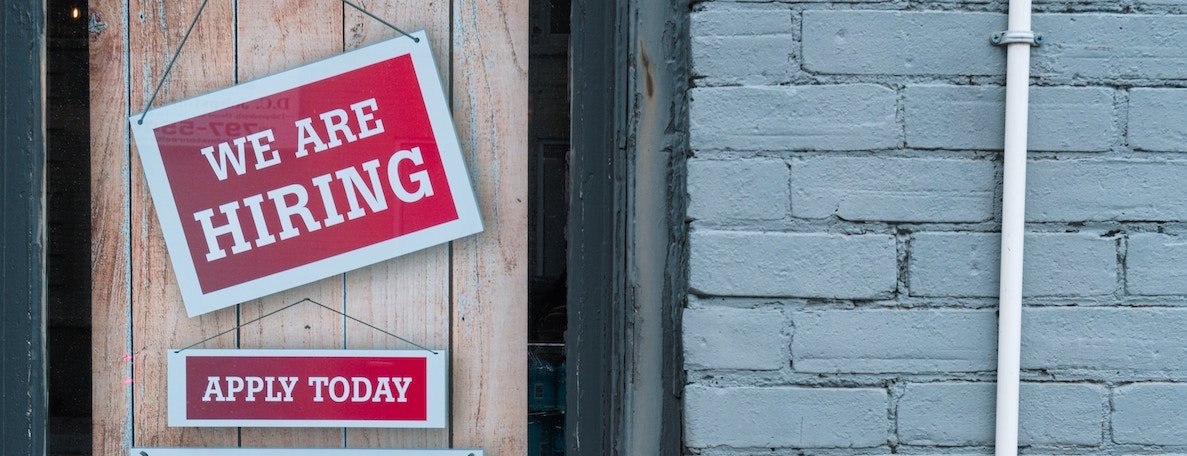The latest jobs report showed a continued increase in the number of jobs, but many Americans don’t see an improving employment picture, new polling from the Economist/YouGov finds:
- Six in 10 regard unemployment as a very or somewhat serious national problem.
- Just 24% say that the jobless rate dropped last month.
- Only 34% say the number of jobs is increasing, though that has been the case in official government numbers every month since the economy began recovering from the COVID-19 pandemic.
Republicans are especially skeptical of gains in employment. They also are more likely than Democrats to say they and their family are worse off financially than they were a year ago: 60% of Republicans say this, compared to 24% of Democrats.
Americans are nearly twice as likely to say the economy is shrinking rather than growing (38% vs. 21%); 44% say it is currently in recession, and another 22% believe a recession is somewhat or very likely in the next year.
Many Americans say they are hearing mostly negative economic news, about four times as many as say the economic news has been positive (43% vs. 11%). What Democrats are hearing is roughly split between positive and negative stories; among Republicans, 6% are hearing mostly positive stories and 60% are hearing mostly negative ones.
See the toplines and crosstabs from the Economist/YouGov poll conducted on August 5 - 8, 2023 among 1,500 U.S. adult citizens.
Methodology: Respondents were selected from YouGov’s opt-in panel using sample matching. A random sample (stratified by gender, age, race, education, geographic region, and voter registration) was selected from the 2019 American Community Survey. The sample was weighted according to gender, age, race, education, 2020 election turnout and presidential vote, baseline party identification, and current voter registration status. Demographic weighting targets come from the 2019 American Community Survey. Baseline party identification is the respondent’s most recent answer given prior to November 1, 2022, and is weighted to the estimated distribution at that time (33% Democratic, 31% Republican). The margin of error for the overall sample is approximately 3%.
Image: Unsplash (Eric Prouzet)












